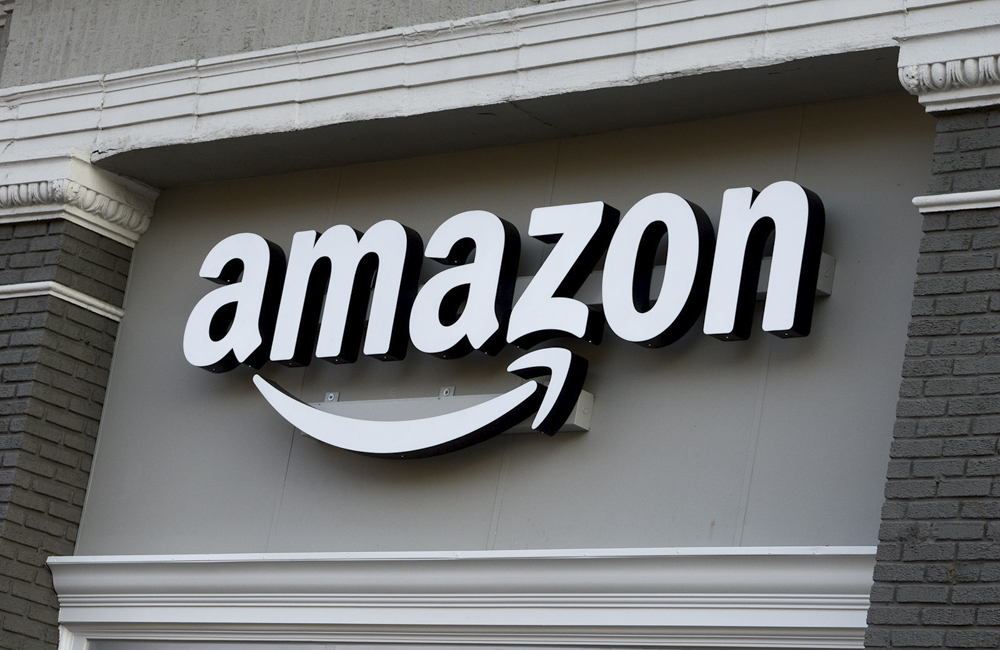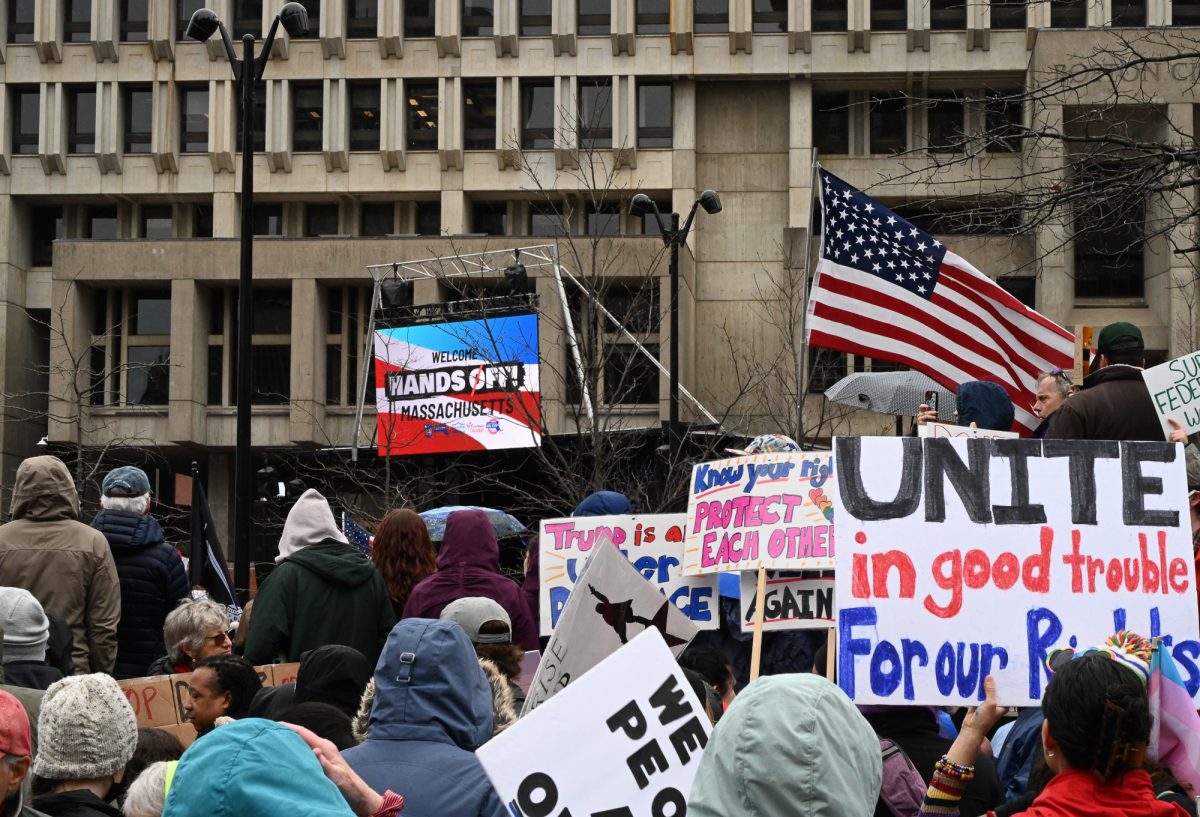
Amazon’s second headquarters will be located in Boston — well, at least according to Aiera, Wells Fargo Securities’ artificial intelligence tool.
The prediction was made by measuring four parameters for all the top potential location selections using a cluster tool, according the report by Wells Fargo Securities. Some of the considerations included the company name, dates, keywords and outputs.
The report showed that the keyword “Boston” was mentioned 190 times by publications discussing “HQ,” “HQ2” and “headquarters” during the observation window. After each reference, Amazon’s stock price increased an average of 0.78 percent.
AnnMarie McDonald, the vice president of communications at Wells Fargo, told The Daily Free Press that Aiera ran a query that analyzed online published research and ranked the cities based on which looked most likely to win the Amazon headquarter sweepstakes.
“It took all the arguments that have currently been made and assessed the merit of those arguments,” McDonald said. “The conclusion was that the most likely destination based on information that’s publically available is Boston.”
Niki Taormina, 37, of Kenmore, said she thinks AI is the future of technology.
“I have mixed emotions,” Taormina said. “Artificial intelligence kind of scares me, but I think it could be ahead of the curve as far as technology goes.”
Boston Mayor Martin Walsh said in a statement that he is proud that Boston is on Amazon’s shortlist for its second North American headquarters.
“As a thriving city with a talented and diverse workforce, culture of innovation and opportunity for all, I see no better city than Boston for Amazon to call their second home,” Walsh said.
Aiera, which stands for artificially intelligent equity research analyst, predicted Chicago is the second most likely destination to land Amazon’s headquarters – followed by Atlanta, New York and Toronto.
Mary Ellen Sparrow, the co-founder and CEO of NextShift Robotics, a Massachusetts-based robotics team, said a prediction made by artificial intelligence cannot be entirely dependable if the decision is ultimately going to be made by a human.
“It’ll give you factors, it will look at a whole bunch of statistics and they’ll come up with what they feel is the best answer based on the rules they have input looking at those statistics,” Sparrow said. “It’s not really trustworthy versus not trustworthy — it’s how well it was built, how many rules they took into account, what the probability they gave to each rule was making the decision and how much data they have to crunch.”
Marc Berkowitz, 62, of Fenway, said he is wary of Wells Fargo’s prediction, but that he thinks a Boston-based Amazon headquarters could be possible and beneficial for the city.
“Wells Fargo has had some interesting problems on their own so I don’t know if I would go with what they have to say,” Berkowitz said. “I think we have the infrastructure. People complain about the traffic but I think it would probably be good for business.”
Daniele Paserman, an economics professor at Boston University, said although Aiera is likely relatively trustworthy, Wells Fargo might be overselling the idea of their artificial intelligence.
“I think even with standard statistical tools, or just human intuition, people would have predicted that Boston would be a very strong candidate to host Amazon headquarters,” Paserman said.
The key elements also cogitated in Aiera’s search included proximity to talent, governmental relations, existing Amazon subsidiaries, and financial incentives.
Jeremy Priest, 35, of Fenway said he thinks Aiera’s prediction appears likely to come true due to the Boston community.
“It’s pretty impressive,” Priest said. “Having the headquarters in this city does make sense because we do offer tax incentives and there are a lot of smart people here.”























































































































Frederick Edwin Sallade • Mar 16, 2018 at 12:30 pm
GE units